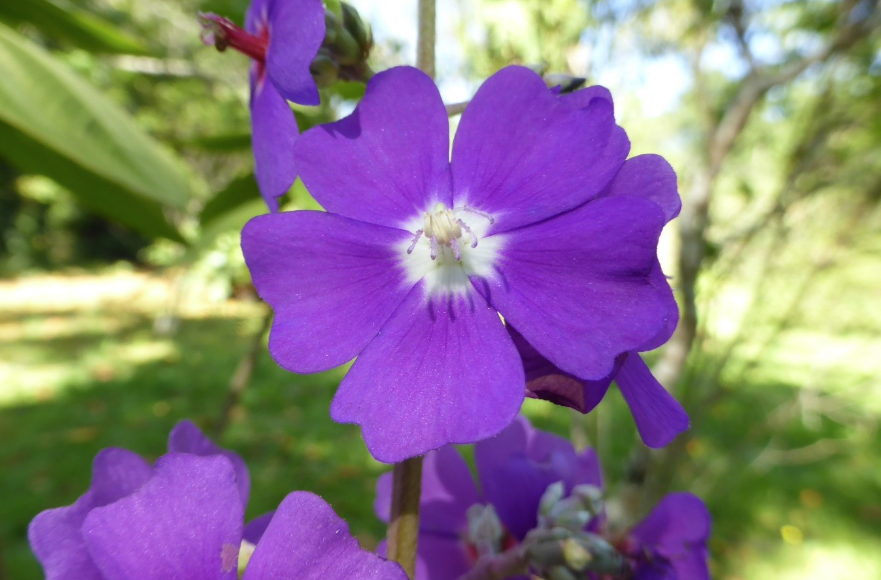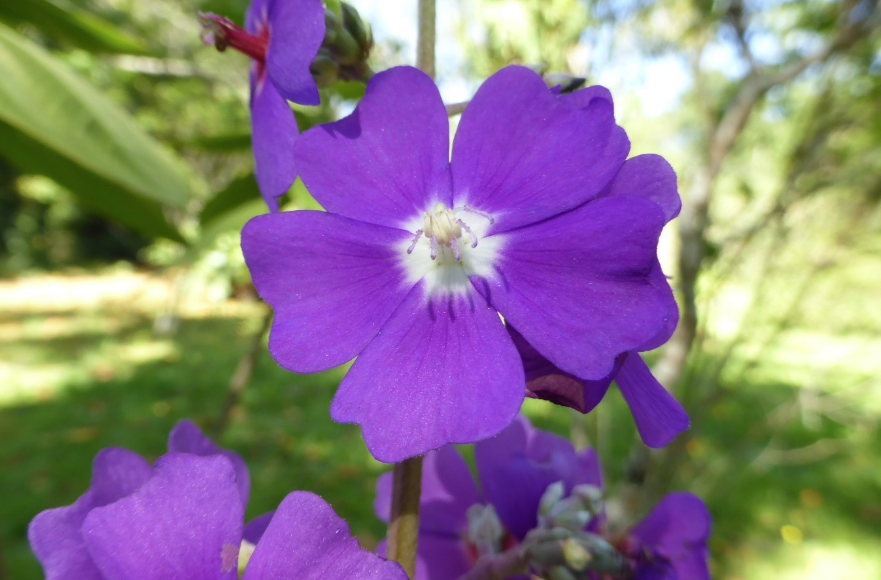Rio De Janeiro Botanical Garden and the Global Genome Initiative for gardens.

-
Status of project
Completed -
Region
Latin America and the Caribbean -
Country
Brazil -
Programme
BGCI -
Workstream
Saving Plants -
Topic
Plant Conservation
Brazil is one of the most biodiverse countries in the world. However, due to threats such as high rates of deforestation, the Rio De Janeiro Botanic Garden (JBRJ) is currently working to preserve genome-quality tissue samples from its living collection and save knowledge of these plant genetic resources for future generations. 541 species in its collection are not found in any other botanical garden in the world, including 26 in the IUCN’s endangered categories. As a result of a 2018 GGI-Gardens Partnership Award, JBRJ created its RBtecido collection of genome-quality tissue samples, prioritizing taxa absent from other biorepositories worldwide. They made more than 6,500 DNA and tissue samples of Brazilian flora discoverable through the GGBN portal. The Rio de Janeiro Botanical Garden DNA Bank (RBdna) maintains genetic information on some 5,700 specimens, particularly focusing on the diverse ecosystems that shape the Atlantic Rainforest biome.
In partnership with Chico Mendes Institute for Biodiversity (ICMBio) JBRJ has carried out several collection expeditions to establish permanent pathways for long-term monitoring and have collected some 5,000 samples and preserved over 1,100 genome-quality tissue samples for RBtecido.

Image credit: Marcus Nadruz Coelho, JBRJ
The RBtecido collection will be a source of genetic material for collaborative genomics research. Brazilian Law establishes and delimits the negotiation, collection and application of resources, aligned with the Benefit Sharing terms of the Nagoya Protocol. Brazil’s National Fund for the Sharing of Benefits (FNRB) allows companies to support conservation projects in collaboration with research institutions and JBRJ currently has three projects awaiting evaluation within this framework. This new form of distribution should assist in maintaining and expanding JBRJ collections in order to continue to improve data and information on biodiversity.